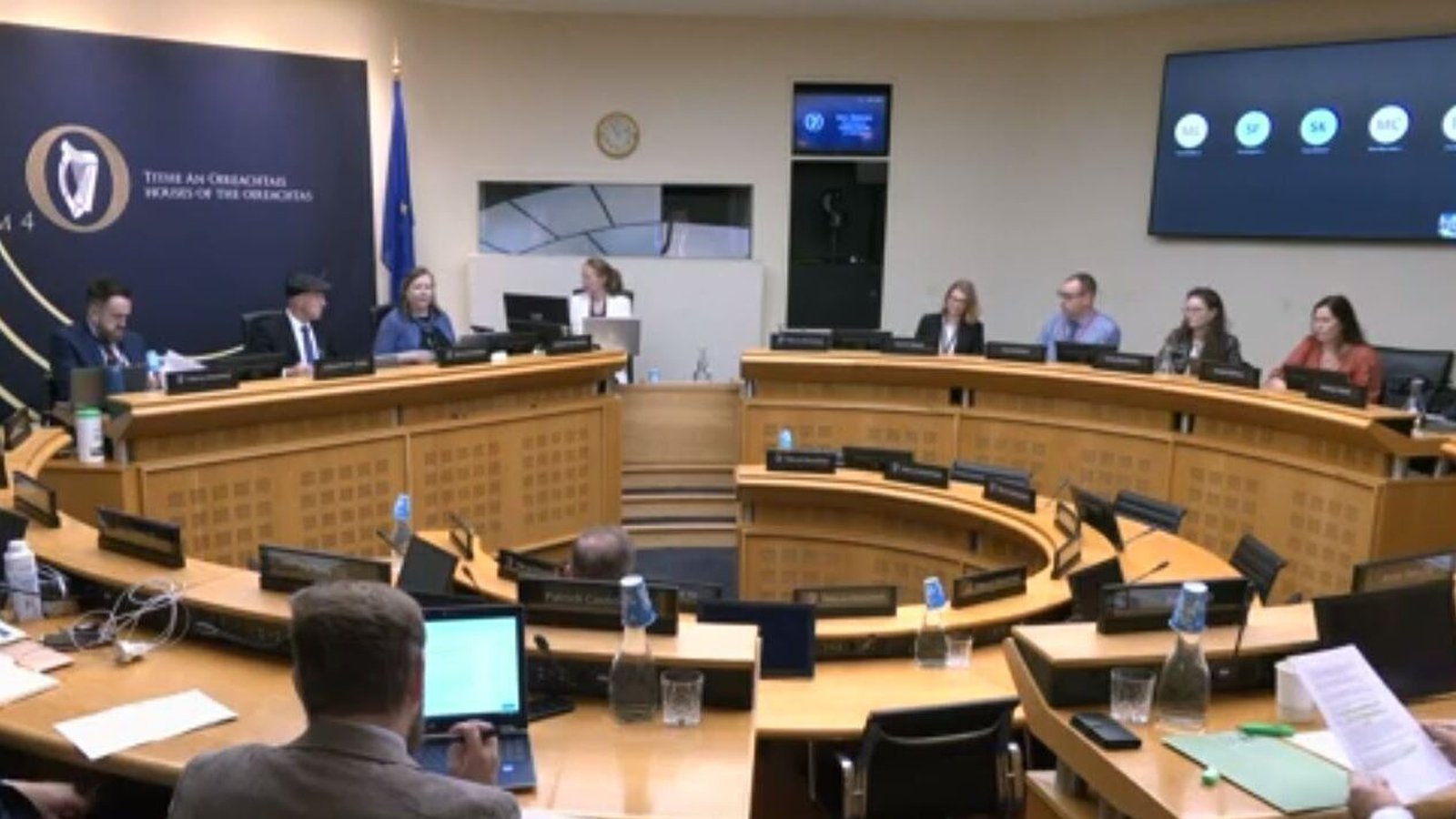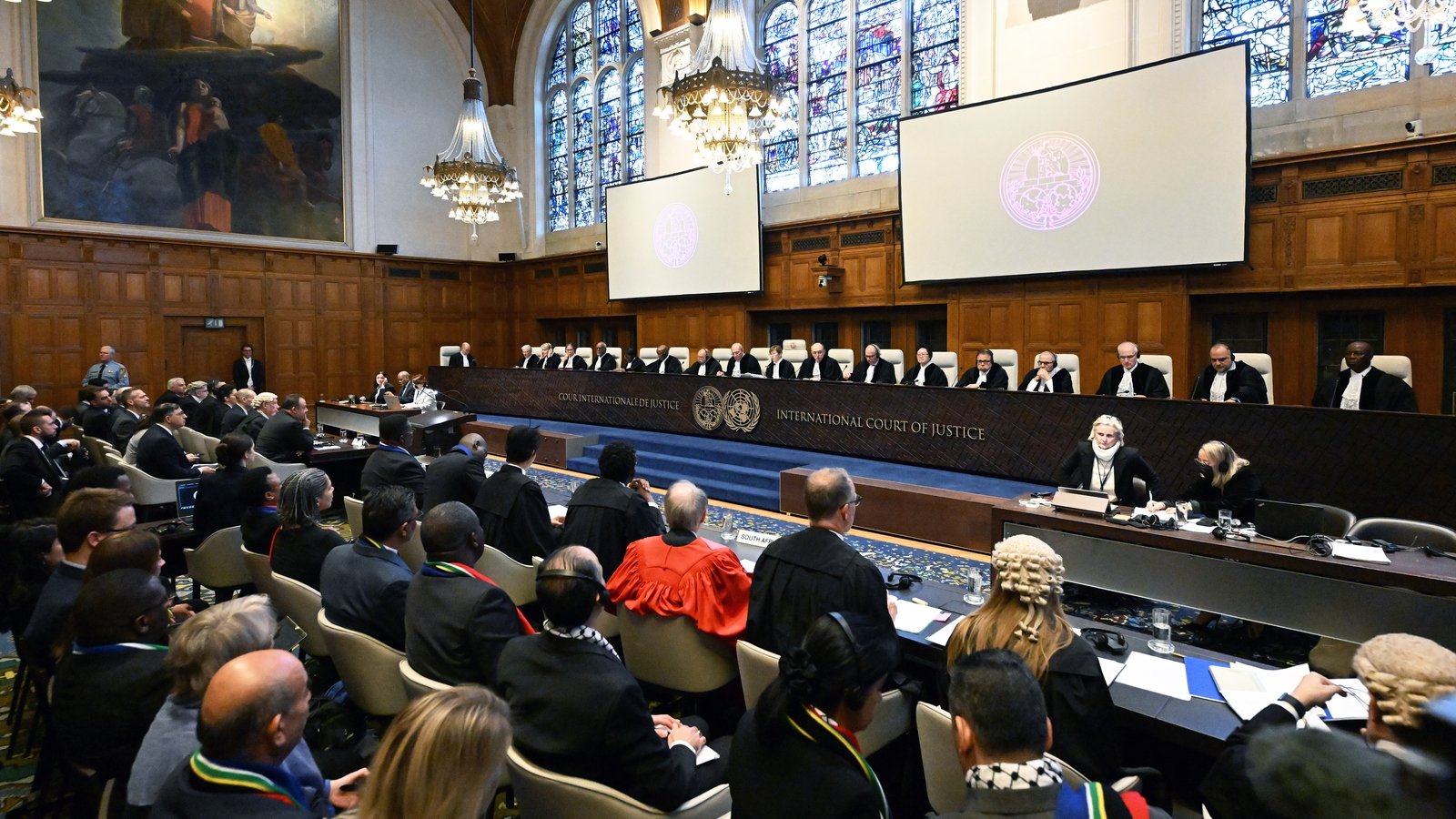Assisted dying committee to hold final public meeting


The Joint Oireachtas Committee on Assisted Dying will hold its final public meeting today, before its 14 members draft their final report which is due to be published on 20 March.
The committee chair, deputy Michael Healy-Rae, said that representatives from the Department of Health and the HSE will be the final witnesses to give evidence.
He said: “We welcome the opportunity to discuss what a potential system for assisted dying would look like, if it was introduced, and what the alternative policies are surrounding end of life and palliative care.”
The Independent TD for Kerry noted that HSE representatives could not give commentary on exact requirements for implementation because there is no legislation currently in place for assisted dying.
However he added: “They can provide the committee with some of the issues that they, as clinicians, consider need further thought – based on previous testimonies from witnesses to the committee.
In an opening statement to the committee, which has been seen by RTÉ News, the HSE National Clinical Director for Integrated Care and Consultant Psychiatrist for Older People, Dr Siobhán Ní Bhriain, identifies six areas which the committee needs to consider – including vulnerable citizens, impact on healthcare workers and patient safety.
Dr Ní Bhriain says: “It is the conclusion of the senior clinical group in the HSE that there are significant supports, both legal and medical, in place in Ireland to enable people to die in a dignified way.”
She added: “People do have a right to refuse life-sustaining treatment and there is access nationally to palliative care services. The Draft Palliative Care Policy will further enhance and embed palliative care across the spectrum of healthcare provision in Ireland. Legal protections also form a strong part of other areas of clinical care, such as the Mental Health Act.”
In her opening statement to the Committee, the Assistant Secretary at the Department of Health, Siobhán McArdle, said: “There is currently no legal basis for assisted dying in Ireland. As a result, the Department of Health does not have a policy position currently on this matter as it falls outside of existing health policy.”
She added: “The Department acknowledges the important work of this Committee and awaits the outcome and recommendations arising from your deliberations on this difficult and complex issue.”
In its final report, it is open to the committee to recommend no change; propose legislation; recommend a Citizens’ Assembly; or suggest that a plebiscite is held.
The Committee chair, Michael Healy-Rae, told RTÉ News that compiling a report will be “very, very difficult” and he acknowledged that it might be impossible to agree on a unanimous position.
He said: “The report might be based on a majority, with a minority expressing their view too.”
In a preparatory document, the Committee was informed that there are at least 27 jurisdictions around the world that already provide some form of assisted dying.
It noted that “euthanasia” involves a doctor, or healthcare professional, as the person who “acts last” with the intention of ending a life.
This differs from “assisted suicide” in which the person seeking to die “acts last” i.e. they are the one to administer the drug, or the means selected to cause death.
Over two dozen public sessions since last Summer, the TDs and Senators engaged with national and international witnesses about the morality of the issue, as well as the mechanics.





